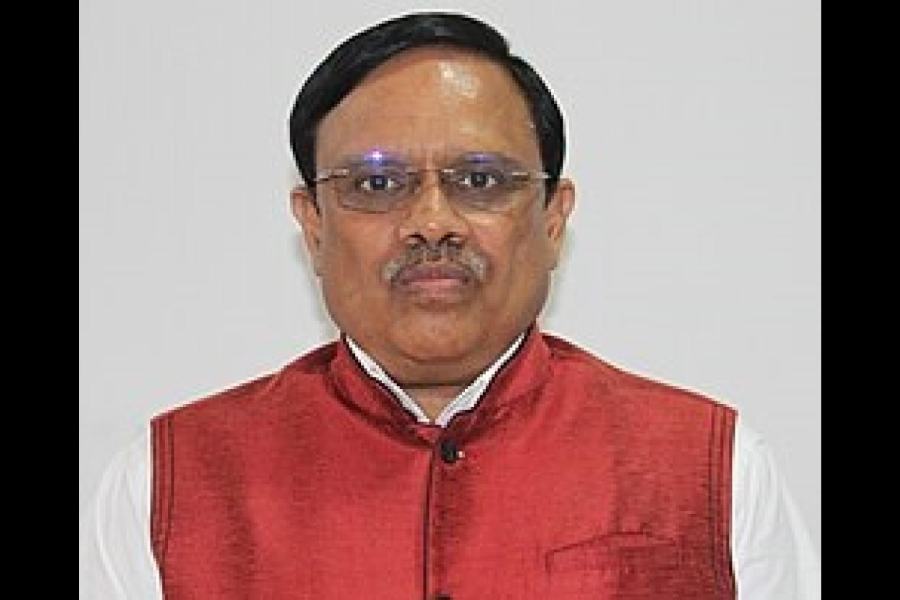Pushed by the government, technical education regulator AICTE green-lighted undergraduate and diploma engineering courses in 12 Indian languages from 2021-22.
The first batch of the vernacular-medium BTech students have now been awarded their degrees — but they never had any textbooks in their chosen language, a parliamentary committee has found.
A report tabled in Parliament this week by the standing committee on education said the All India Council for Technical Education had translated only first-year English textbooks of engineering — 20 of them — into Indian languages.
It said the AICTE was now translating 87 second-year textbooks. Translation of the third and fourth-year textbooks was yet to begin, AICTE chairperson T.G. Sitharam admitted to The Telegraph.
It took a couple of years for the 20 first-year textbooks to be translated, which means the earliest batches of students had to rely almost solely on English textbooks — a commentary on the poor planning by the government and the AICTE.
Students of NIT Bhopal, which offers the BTech course in Hindi, formally switched to the English medium from the second year.
Altogether 41 engineering colleges in 13 states have taken up the AICTE’s offer to introduce vernacular-medium BTech and diploma courses. They are teaching these courses in eight Indian languages: Bengali, Marathi, Hindi, Gujarati, Telugu, Kannada, Tamil and Malayalam. Assamese, Punjabi, Odia and Urdu have found no takers yet.
Information that Sitharam shared with this newspaper suggests that some of the 20 first-year textbooks translated so far — in all the 12 prescribed Indian languages — are for the BTech course and the rest for the diploma course.
Sitharam confirmed that 87 second-year BTech and diploma textbooks were being translated into 12 languages. Of the 1,044 (87x12) translated versions targeted, 340 have been completed. The translation of 48 third-year books will start soon.
The premier engineering colleges have largely snubbed the AICTE’s vernacular initiative. Among the IITs, only the institute in Jodhpur teaches a BTech course in an Indian language — Hindi — started last year. NIT Bhopal is the only NIT to do so.
Rajeev Kumar, former computer science professor at IIT Kharagpur, said the first-year books — basic science and engineering — were easier to translate while those for the subsequent years covered complex, discipline-specific and elective subjects that formed the core of the course.
“Without these books in Indian languages, students will struggle to grasp key concepts,” he said.
Sitharam said the AICTE was translating the books using Anuvadini, a machine translation tool, followed by a two-stage vetting “by two separate groups of experts”.
A professor at the Netaji Subhas University of Technology, New Delhi, said translating textbooks wasn’t enough — training the faculty to teach in Indian languages was crucial, too.
“The faculty have not been trained to teach in Indian languages; they teach in English,” the professor said.
The Pune-based Pimpri Chinchwad College of Engineering, which has been teaching BTech (computer engineering) in Marathi since 2021-22, has shifted to a blended mode: textbooks in English and classes in Marathi.
Its principal, G.N. Kulkarni, said the students had done well and secured placement offers.











